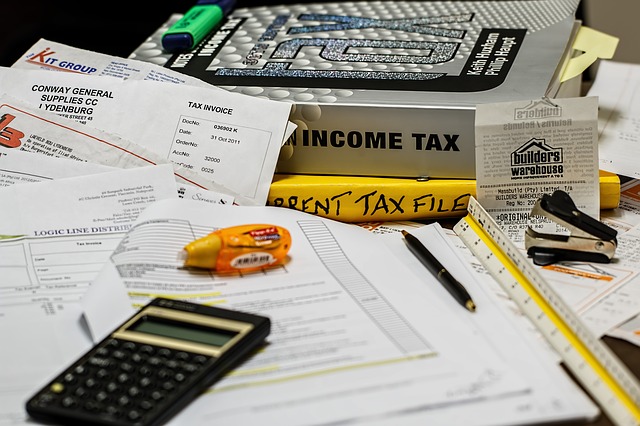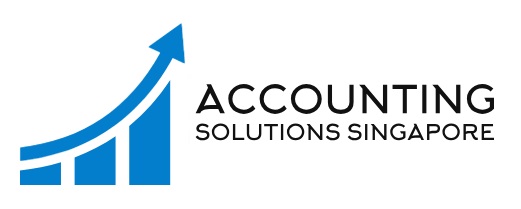
Individuals receiving, deriving or earning income in Singapore is required to pay income tax annually unless exempted under the Singapore Income Tax Act.
1. Employed Individuals
Individuals working and receiving payment (may refer to benefits-in-kind or cash) in any form of employment or service rendered is required to pay income tax in Singapore.
2. Individuals Conducting Businesses
Any self-employed person such as a commission agent, hawker, taxi driver, freelancer, partner, sole-proprietor, etc. who earned income in Singapore must pay income tax.
3. Individuals Earning Investment incomes
Individuals in Singapore who earn income from investments in fixed deposits, unit trusts, shares or property is required to pay income tax.
However, this rule does not apply if the investment is exempted under the Singapore Income Tax Act.
4. Individuals Working Outside Singapore
In the following circumstances, individuals are required to pay income tax:
- The individual received an income through a Singapore based partnership; or
- The individual works for the Singapore Government outside the country; or
- The individual works outside Singapore, but this employment is incidental to their Singapore employment.
5. Exempt From Paying Tax For Individuals
In the following situations, the individual is not required to pay income tax:
- Annual gross income SGD 22,000 or less;
- Individuals who do not receive or derive any income in Singapore.
6. When is Overseas Income Taxable?
Income earned overseas is taxable in Singapore in the following situations:
- The income is earned through a Singapore based partnership;
- The overseas income relates to the individual’s Singapore employment. For instance, overseas activity is directly related to the work in Singapore;
- The employment taking place in a foreign country is on behalf of the Singapore Government;
- The individual has a business/trade in Singapore and overseas, but the overseas work is only incidental to the Singapore business; or
- The Individual receives overseas service income – you may apply for tax relief if the overseas service income is taxed in the foreign country.
There is no requirement to notify IRAS of overseas incomes that are not taxable.
Taxable income from overseas must be declared under ‘trade income’, ’employment income’, or ‘other income’, and also to declare any other income earned or derived from Singapore (where applicable).
What Type Of Expenses Can Individuals Claim Tax Deductions Against Their Income?
1. Employment Expenses
You can claim tax deductions for employment expenses that are exclusively and wholly incurred in the process of earning your employment income.
The employment expenses (expenses not reimbursed by your employers) incurred in the course of your employment and it can be subscriptions to professional bodies, entertainment expenses, travel expenses, etc.
2. Rental Expenses
You can claim tax deductions for rental expenses only if these rental expenses are related directly to earning the rental income and incurred during the tenancy period.
3. Rebates and Reliefs
Rebates and reliefs are available for individual who is a Singapore tax resident and he/she meets the qualifying conditions.
Certain tax rebates and reliefs apply to a particular group of taxpayers to encourage specific economic and social objectives.
4. Personal Income Tax Relief
The total personal income tax relief cap that is applicable for the 2018 Year of Assessment (YA) is SGD 80,000.
Individuals can claim their relief provided that he/she meets the relevant qualifying conditions.
Should you need assistance or would like to find out more about the Personal Tax services in Singapore, please send an email to Contact@AccountingSolutionsSingapore.com, and our business advisor will contact you.
